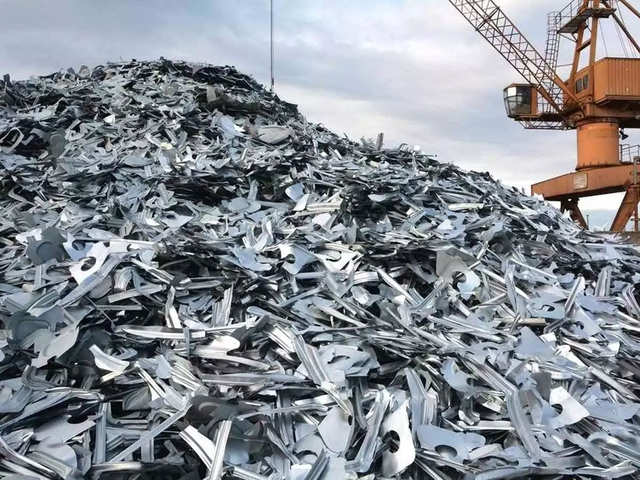Non-ferrous metals are a broad category of materials that do not contain iron, including but not limited to aluminum, copper, lead, and zinc. Non-ferrous metals are used in a wide range of applications, from electrical wiring and plumbing systems to cars and airplanes.
How Does a Non-Ferrous Metals Monitor Work?
A non-ferrous metals monitor works by connecting to a pipe, boiler, or tank/pump and sending an electrical current through the water to test it for iron content. The presence of iron will trigger an alarm, while water containing less than 1 mg/L of iron will not.

Image Source:Google
Types of Non Ferrous Metals
Non-ferrous metals are different from ferrous metals in that they have low or no iron content. They can be divided into two main categories: copper and non-copper. Non-ferrous metals include aluminum, brass, bronze, copper, gold, lead, magnesium, nickel, silver, and zinc.
What do these metals generally look like in the earth
Non-ferrous metals are metals that do not have a significant amount of iron or other elements within them. This means that they are less dense than other metals, making them easier to extract and process. Non-ferrous metals can be found in a number of different forms, but they often look very similar to one another. This is because they tend to be used for different purposes, and so they are not typically processed into the same types of objects.
